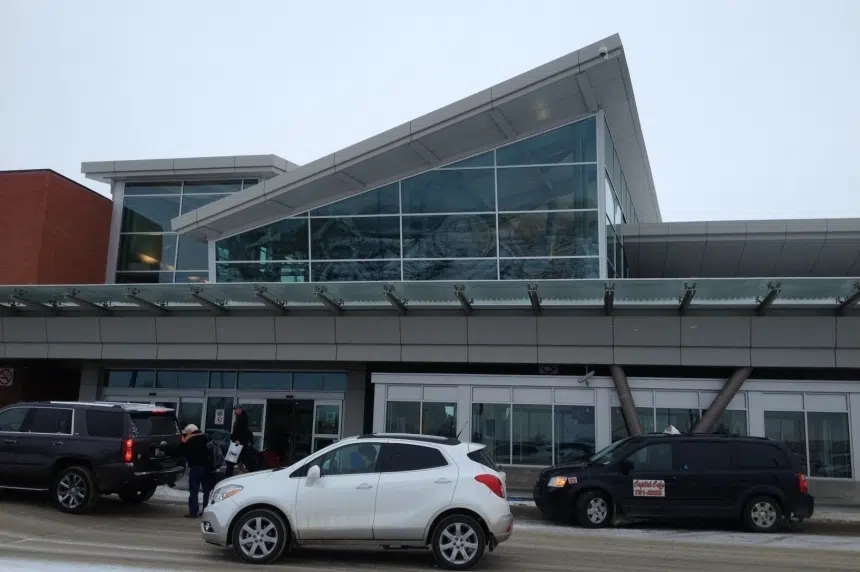The Regina airport has more questions than answers about the federal government’s rules that will require air travellers to be fully vaccinated.
This week, Ottawa announced it will require people 12 and older travelling by air or by VIA Rail or Rocky Mountaineer trains to be fully vaccinated starting Oct. 30.
The rule will also apply to travellers on non-essential passenger ships on trips lasting 24 hours or longer, like cruise ships.
However, James Bogusz, CEO of the Regina Airport Authority, is still waiting for further details.
“There has been no information beyond what’s in the press release provided to us as an airport. We’ve not been consulted with or had any dialogue at all beyond what we’ve been hearing from the government directly,” Bogusz said.
“Hopefully in the coming few days, airports will be informed as to what obligations they have, what the expectations are for the government, who’s going to be enforcing all of this and also, how long is this whole thing going to last.”
Also yet to be determined is what will be considered a valid vaccine credential and how exemptions will work if there are any, he said.
The government said for travellers in the middle of getting vaccinated, there will be a “short transition period” when they can travel if they show a valid negative COVID-19 test. That period will last until Nov. 30.
“The Government of Canada strongly advises any Canadians planning to travel by plane or train this holiday season to get vaccinated as soon as possible or they will be unable to travel,” stated the federal government’s news release.
There will also be a requirement for workers in federally regulated air, rail and marine transportation sectors to be fully vaccinated.
At the airport, these employees would be those working in the “restricted area” past security, Bogusz said.
‘Unacceptable’ to not have international arrivals
At this time, YQR is still unable to receive direct flights from the United States or internationally.
“This is incredibly frustrating. This is impacting a number of airports right across the country including Saskatoon, Victoria (and) Kelowna, just to name a few,” Bogusz said.
Due to the pandemic, up until Aug. 9, international arrivals were rerouted to four big-city airports: Vancouver, Montreal, Toronto and Calgary.
After that date, more airports were allowed to receive them: Winnipeg, Ottawa, Halifax and Edmonton.
“(They’re) very large, all of them having pre-clearance facilities for the U.S. and we would call those the Big Eight airports in the country,” Bogusz said.
However, one other addition was Quebec City, a comparably sized airport to Regina and Saskatoon and actually smaller than terminals in Victoria and Kelowna.
Bogusz finds it unfair seeing Quebec City authorized for international arrivals while Regina is left out.
“The province of Quebec now has two airports that can handle international flights but the province of Saskatchewan has zero. It just isn’t reasonable,” he said.
Part of the frustration is because the Regina airport has taken steps to demonstrate its commitment to COVID safety.
“We’ve had on-site COVID testing here. We were the first airport in Saskatchewan, by the way, to have that and that was early in March,” Bogusz said.
Bogusz said it’s “well overdue” to restore those flights and their absence has come at a cost.
“The GDP impact of not having the ability to have international flights and the inconvenience to customers, it’s just not acceptable,” he said. “So we have to resolve this.”











